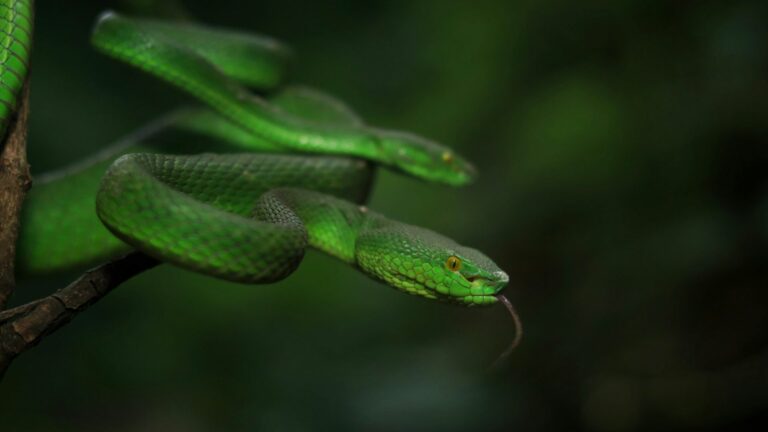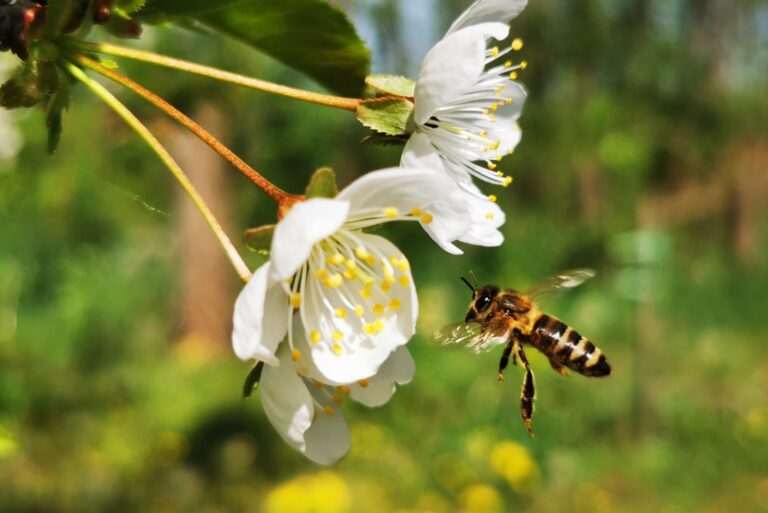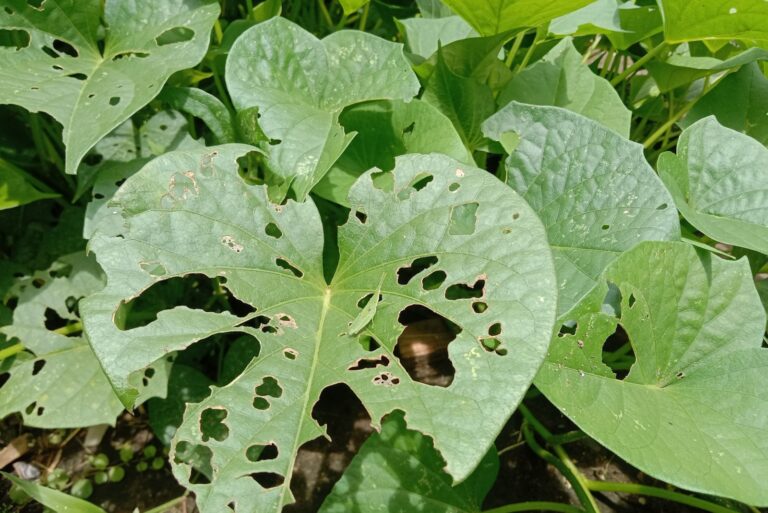8 Essential Facts Mississippi Residents Should Know Before Trying To Remove Possums

Possums are frequent nighttime visitors in Mississippi backyards, sneaking around trash bins or hiding under porches. They might seem harmless at first, but handling them takes care and know-how.
These nocturnal creatures can carry diseases and cause property damage if left unchecked. It’s important to approach the situation with caution—not just curiosity.
I’ve found that knowing the local laws and best practices makes all the difference. With the right steps, you can keep your home safe while treating wildlife with respect.
1. Legal Protection Status Requires Permits

Mississippi wildlife regulations classify possums as protected animals, meaning you cannot simply trap or relocate them without proper authorization. State law requires residents to obtain a special permit from the Mississippi Department of Wildlife, Fisheries, and Parks before attempting any removal.
Violating these rules can result in hefty fines ranging from $100 to $1,000. Many homeowners don’t realize that even catching a possum in a humane trap falls under these restrictions, so always check local ordinances first.
2. Rabies Risk Is Lower Than You Think
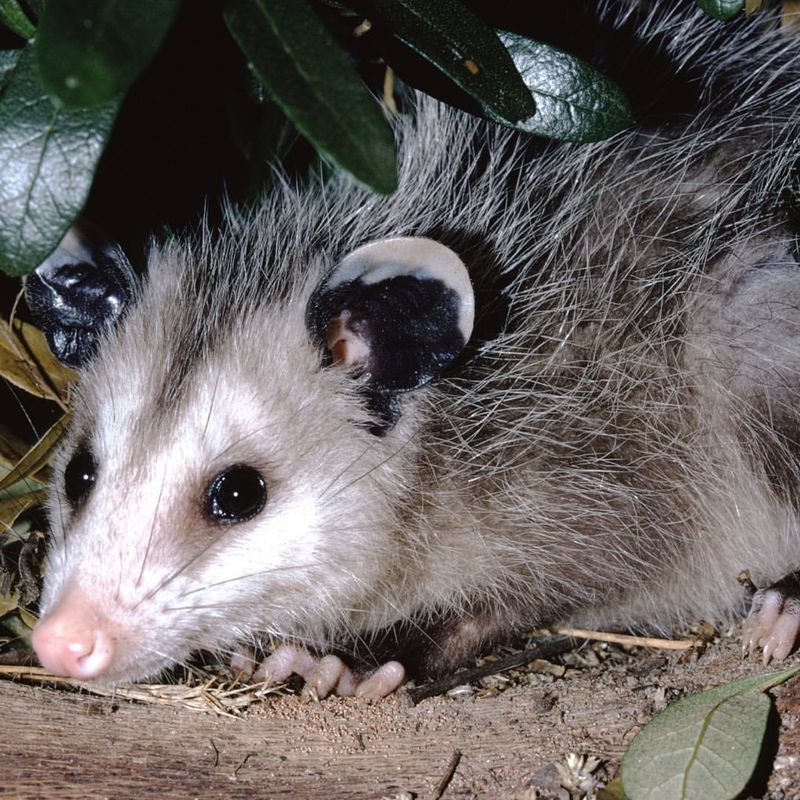
Contrary to popular belief, possums rarely carry rabies due to their unusually low body temperature, which makes it difficult for the virus to survive. Their body temperature hovers around 94-97 degrees Fahrenheit, compared to most mammals at 100-102 degrees.
However, Mississippi residents should still exercise caution around any wild animal. Possums can carry other diseases like leptospirosis and tularemia, so never attempt to handle one with bare hands, even if it appears docile or injured.
3. Playing Dead Is Their Natural Defense
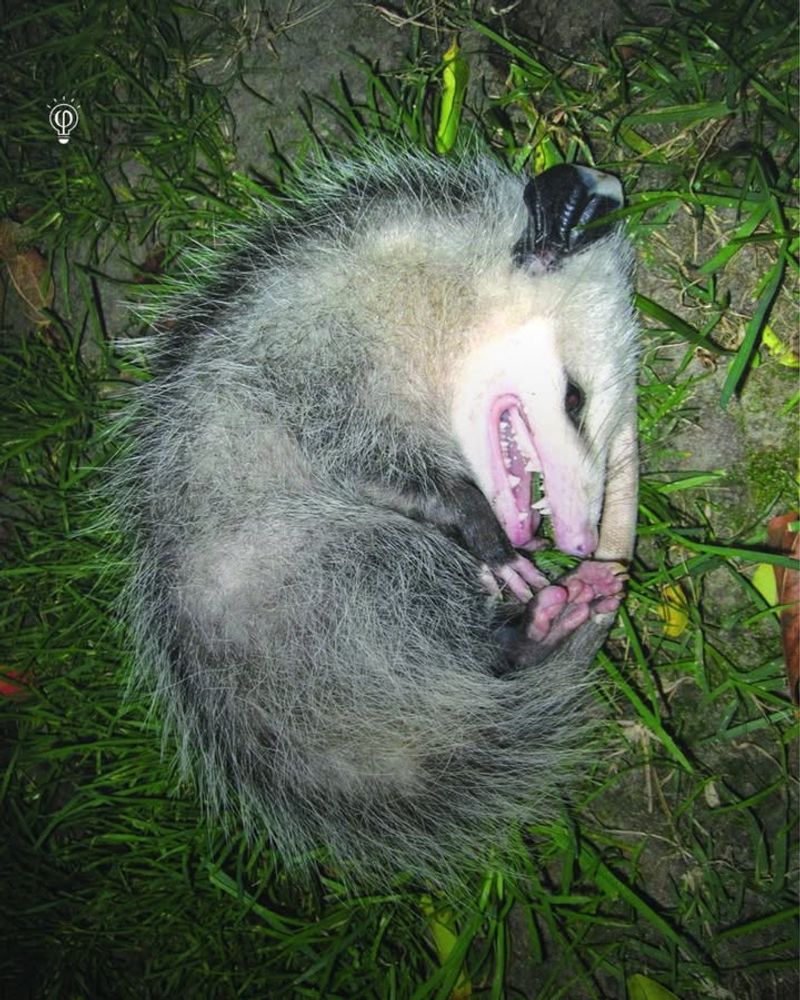
When threatened, possums enter an involuntary catatonic state that can last anywhere from several minutes to four hours. This famous behavior isn’t an act—it’s an automatic physiological response they cannot control, similar to fainting.
During this time, they emit a foul odor from their anal glands and may drool excessively to appear dead and unappetizing to predators. Mississippi homeowners who encounter a possum in this state should leave it alone and give it space to recover naturally once the perceived danger passes.
4. Professional Removal Costs Less Than Expected

Hiring a licensed wildlife removal specialist in Mississippi typically costs between $150 and $300, depending on the complexity of the situation. This price usually includes humane trapping, proper relocation following state guidelines, and an inspection to identify entry points.
Attempting DIY removal might seem cheaper initially, but mistakes can lead to permit violations, bites, property damage, or repeated possum visits. Professional services offer warranties and ensure compliance with Mississippi wildlife laws, making them a worthwhile investment for peace of mind.
5. They Actually Benefit Your Property
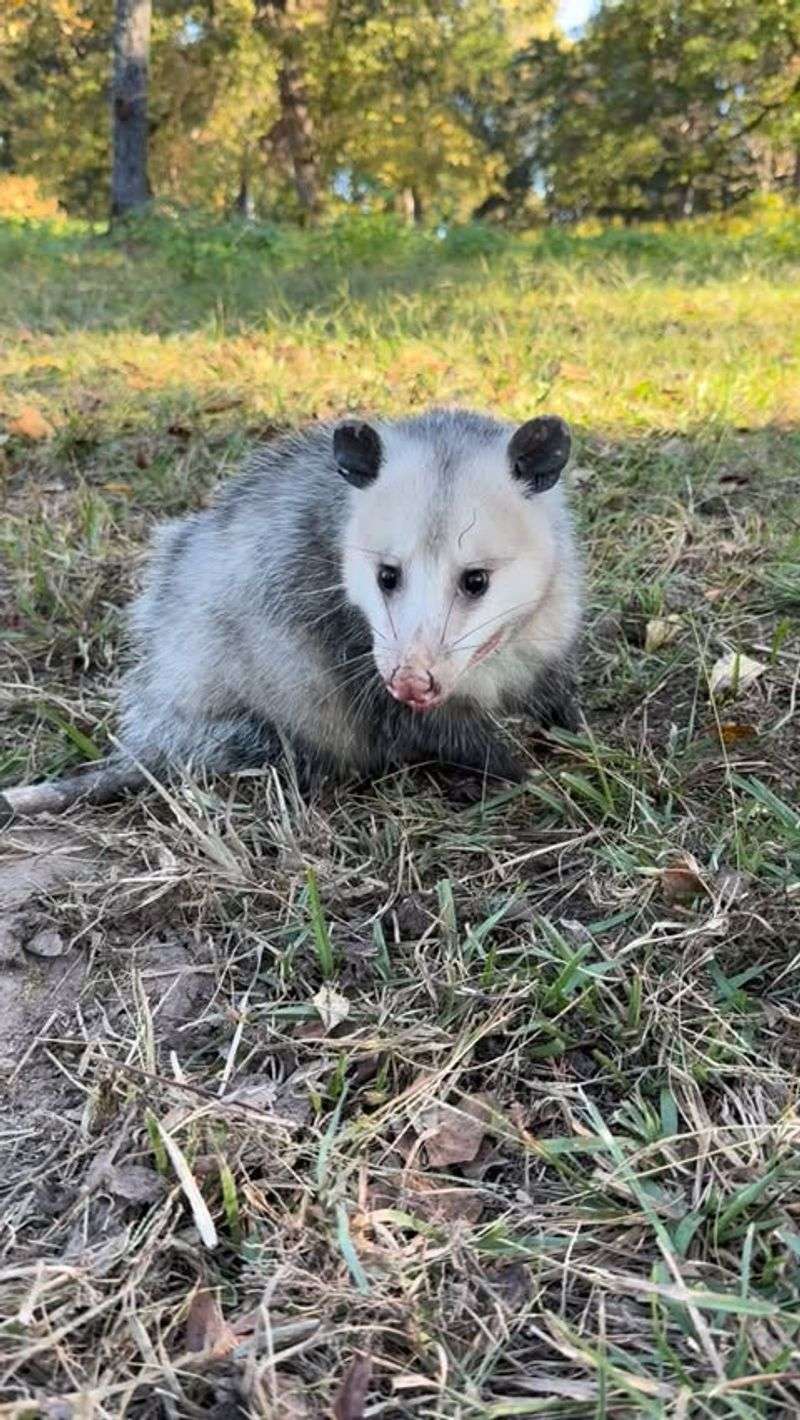
Before rushing to remove possums, consider their valuable contributions to your Mississippi yard. A single possum can consume up to 5,000 ticks per season, significantly reducing your risk of Lyme disease and other tick-borne illnesses.
They also eat cockroaches, beetles, slugs, snails, and even venomous snakes like copperheads and rattlesnakes. Their scavenging habits help clean up fallen fruit, dead animals, and other organic waste that might otherwise attract more problematic pests like rats or raccoons around your home.
6. Exclusion Methods Work Better Than Trapping
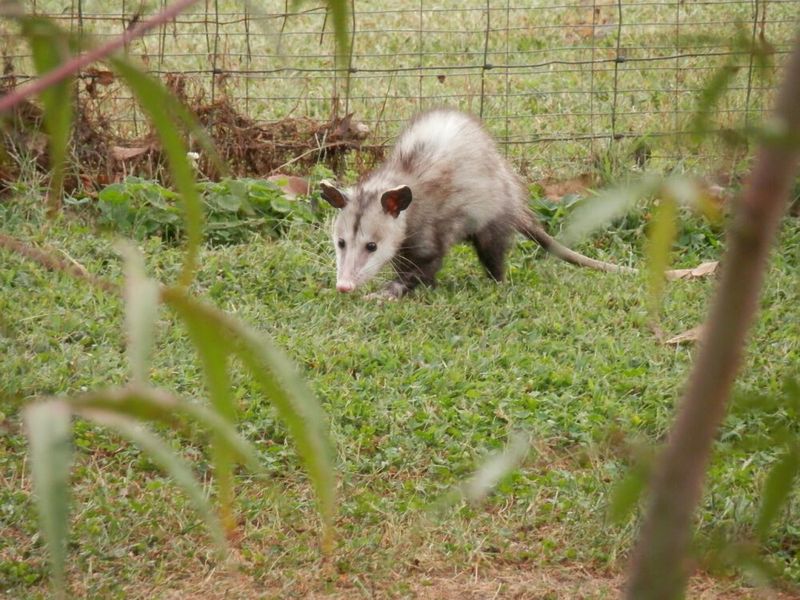
Rather than catching and relocating possums, Mississippi wildlife experts recommend exclusion techniques that prevent them from accessing your property in the first place. Seal crawl space openings with heavy-gauge wire mesh, secure trash cans with locking lids, and remove outdoor pet food at night.
Trim tree branches within six feet of your roof, as possums are excellent climbers. Motion-activated lights or sprinklers can also deter them from settling near your home without causing harm or requiring permits.
7. Relocation Often Leads To Death
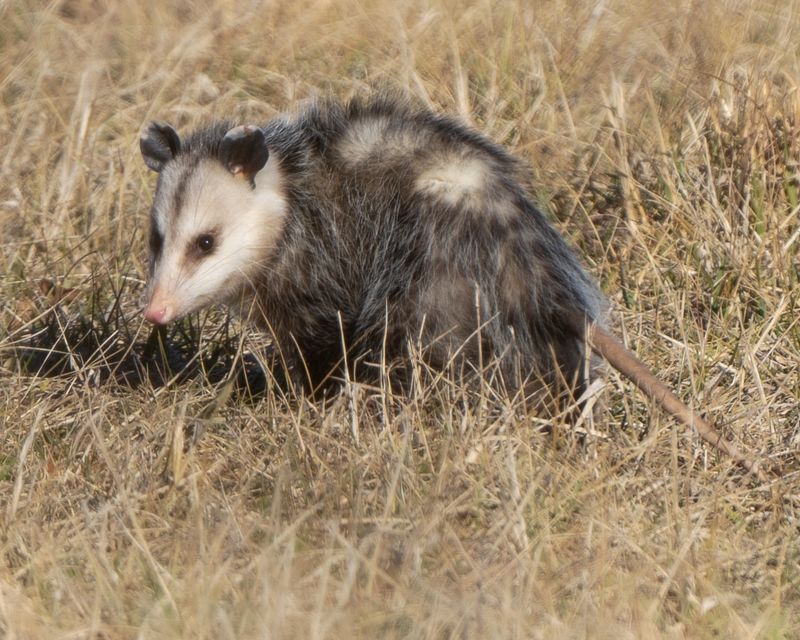
Studies show that relocated possums have only a 10-15% survival rate in unfamiliar territories. They face threats from established possums defending their territory, predators, lack of food sources, and difficulty finding adequate shelter.
Mississippi’s hot summers and unpredictable weather make survival even harder for displaced animals. Possums also have strong homing instincts and may attempt to return to your property, potentially crossing dangerous roads. Humane alternatives like exclusion methods prove more effective and ethical.
8. Bites Can Happen When Cornered
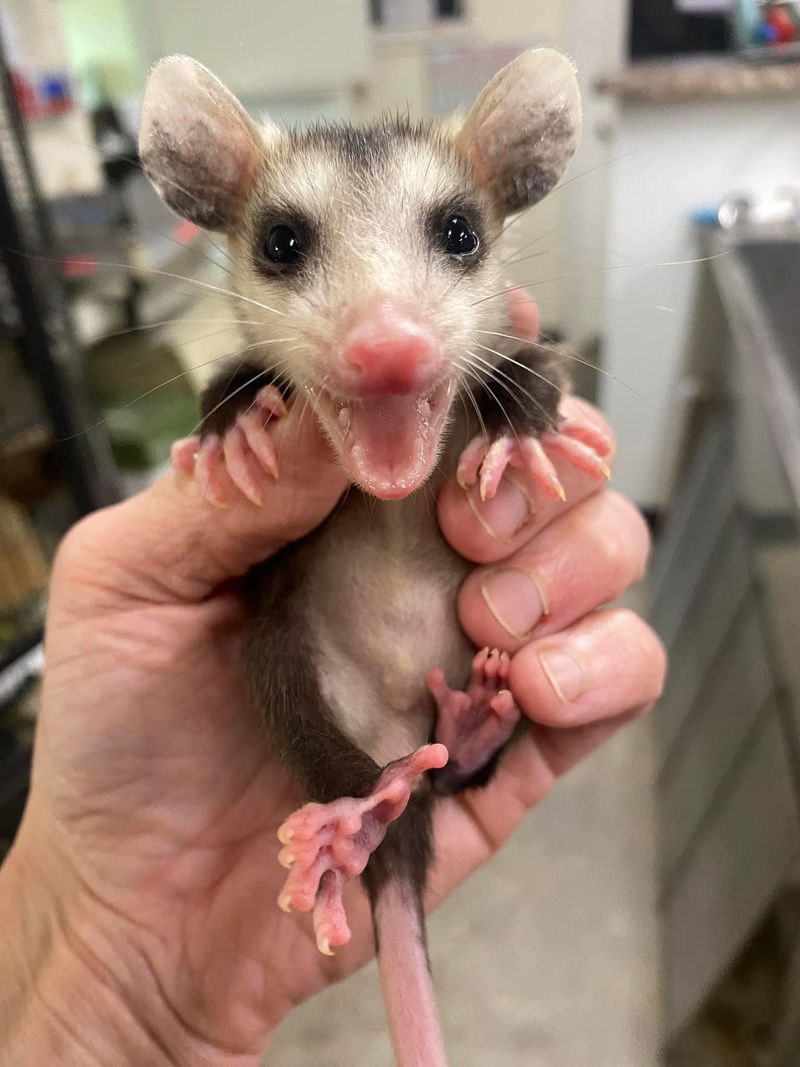
Though generally non-aggressive, possums will bite if they feel trapped or threatened, especially when protecting their young. Their mouths contain 50 sharp teeth—more than any other North American mammal—capable of inflicting painful wounds that require medical attention.
Mississippi residents should never corner a possum or attempt to pick one up. If bitten, wash the wound immediately with soap and water, apply antiseptic, and seek medical care to prevent infection. Always maintain a safe distance and allow possums an escape route when encountered.

